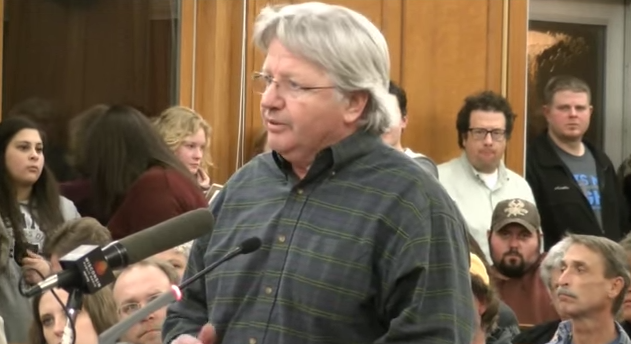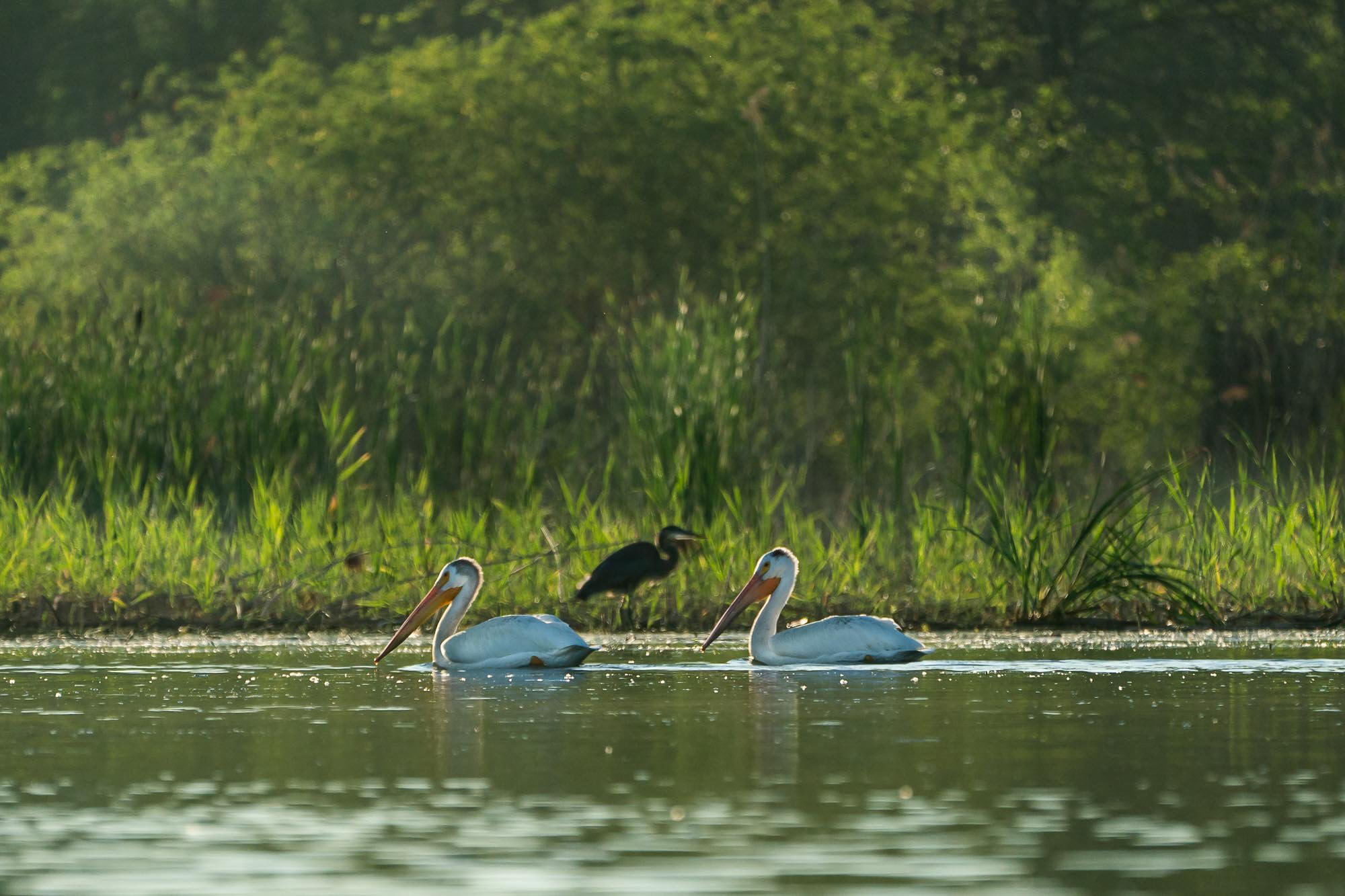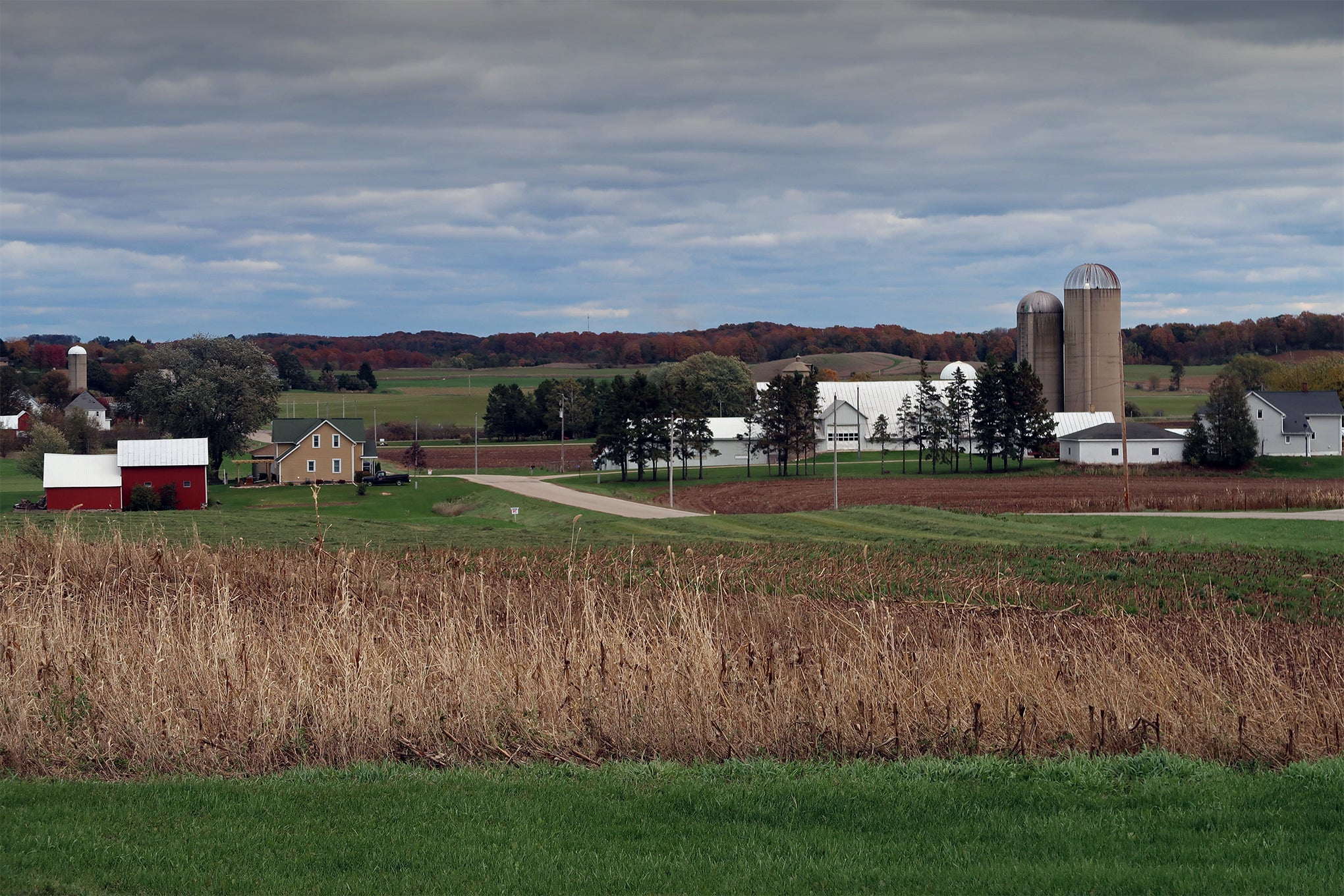The state of Wisconsin will conduct an environmental review of a proposed hog farm near Lake Superior that would be the largest in the state if built.
According to Reicks View Farms, construction of the Badgerwood farm would be a $15 million undertaking that would result in a facility with roughly 26,000 hogs in Bayfield County, replacing herds in Iowa. The Wisconsin Department of Natural Resources is calling for an environmental impact study of the project.
Reicks View Farms Manager Gene Noem said they also want the study.
Stay informed on the latest news
Sign up for WPR’s email newsletter.
“We’ve always expressed our desire to achieve the highest level of environmental compliance, and our request to the DNR to review our farm is just an expression of our commitment to meeting those standards,” he said.
Noem said Reicks View is still providing information to the DNR as part of the state’s evaluation whether to grant a water quality protection permit for the hog farm. Opponents say the farm is a threat to Lake Superior.
Farms Not Factories co-founder Mary Dougherty opposes the project.
“Really fantastic move on the DNR’s part to help us in Bayfield County and Ashland County understand what the ramifications are of 26,000 hogs and 9 million gallons of manure in the Lake Superior watershed,” Dougherty said.
Both Dougherty and Bad River Tribal Chairman Mike Wiggins said they’re concerned how proposed staffing cuts at the DNR will affect the agency’s review.
“Hopefully they have the capacity to do what they need to do there, but it’s a good start,” said Wiggins
A spokesman with the Wisconsin DNR declined to comment on the study.
The DNR announced the decision in a release, citing requests over the last several months for a study from the public, interest groups, local governments and tribes.
People will be able to provide input on issues they feel are important to be considered as part of the environmental impact statement.
Wisconsin Public Radio, © Copyright 2024, Board of Regents of the University of Wisconsin System and Wisconsin Educational Communications Board.






